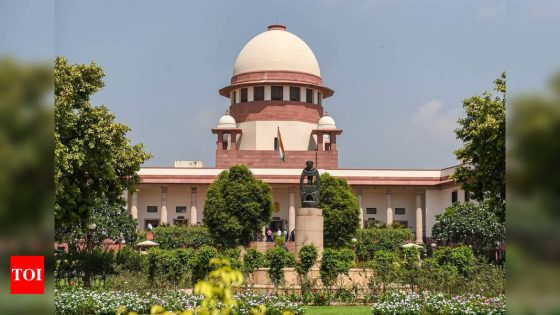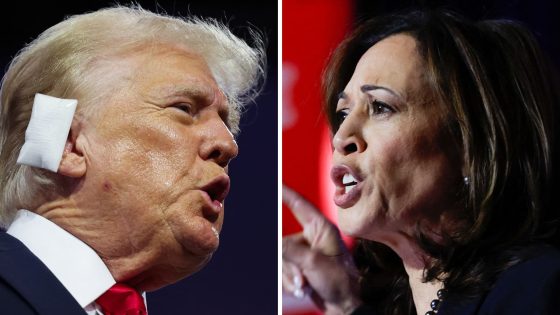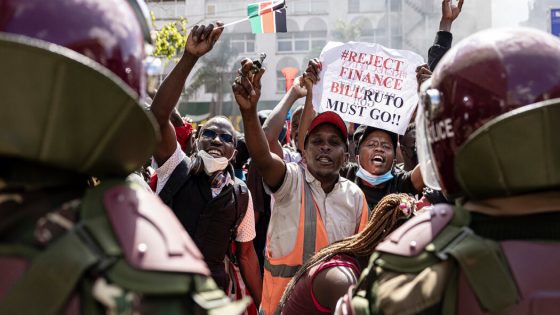NEW DELHI: Insulating the selection and appointment of judicial officers from any interference by Union govt, Supreme Court on Monday ruled that states cannot consult Centre on this issue and must resolve their differences through dialogue with HCs.
A bench of Chief Justice D Y Chandrachud and Justices J B Pardiwala and Manoj Misra said, “We are in agreement with (Punjab and Haryana) HC that Haryana govt travelled beyond the remit of the consultation with HC by referring the matter to the Union govt.”
Writing the judgment, CJI said, “Any issue between HC and state govt should have been ironed out in the course of the consultative process within the two entities. The state govt was bound to consult only HC.”
Expressing doubts over legality of the change of selection rules for district judges effected by Punjab and Haryana HC to provide separate cut-off marks for written and interview, Haryana had sought an opinion from Union govt, which had said that HC’s full court resolution effecting the changes were not binding on the state as it lacked element of consultation with state.
Resolving the controversy with a ruling that would bind all state govts, the bench accepted the arguments of senior advocate Nidhesh Gupta, who appeared for HC, and said, “In matters of appointment of judicial officers, HC is in the best position to know about the suitability of candidates to the post of district judge.”
The CJI-led bench said that where there are rules framed for selection and promotion of judicial officers, HCs cannot change or modify it through a full court resolution. However, they can do so when the rules are not there or are silent on this aspect, it said. Referring to separate minimum cut-off marks for interview and viva voce prescribed by HC, SC said, “A candidate should demonstrate both practical knowledge and application of the substantive law in the course of the interview.”
A bench of Chief Justice D Y Chandrachud and Justices J B Pardiwala and Manoj Misra said, “We are in agreement with (Punjab and Haryana) HC that Haryana govt travelled beyond the remit of the consultation with HC by referring the matter to the Union govt.”
Writing the judgment, CJI said, “Any issue between HC and state govt should have been ironed out in the course of the consultative process within the two entities. The state govt was bound to consult only HC.”
Expressing doubts over legality of the change of selection rules for district judges effected by Punjab and Haryana HC to provide separate cut-off marks for written and interview, Haryana had sought an opinion from Union govt, which had said that HC’s full court resolution effecting the changes were not binding on the state as it lacked element of consultation with state.
Resolving the controversy with a ruling that would bind all state govts, the bench accepted the arguments of senior advocate Nidhesh Gupta, who appeared for HC, and said, “In matters of appointment of judicial officers, HC is in the best position to know about the suitability of candidates to the post of district judge.”
The CJI-led bench said that where there are rules framed for selection and promotion of judicial officers, HCs cannot change or modify it through a full court resolution. However, they can do so when the rules are not there or are silent on this aspect, it said. Referring to separate minimum cut-off marks for interview and viva voce prescribed by HC, SC said, “A candidate should demonstrate both practical knowledge and application of the substantive law in the course of the interview.”
Source Agencies



